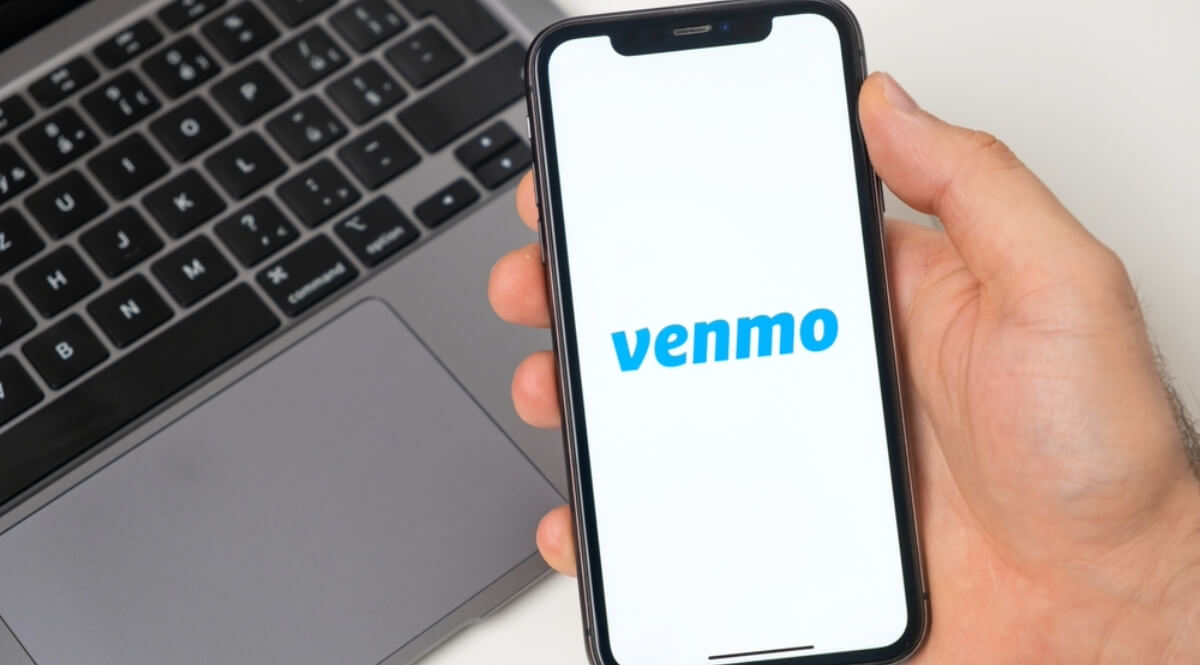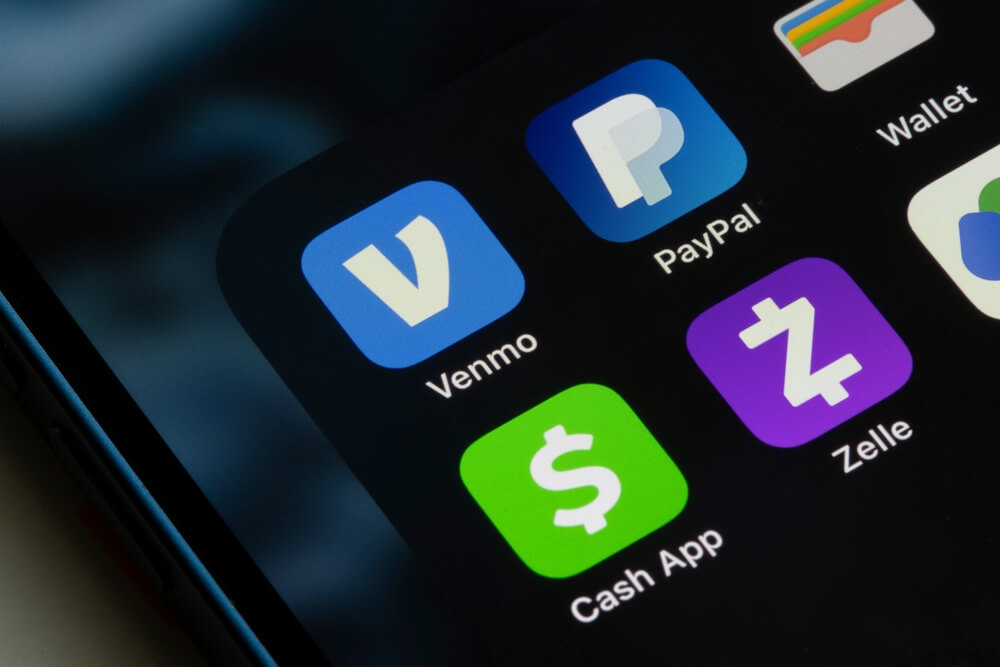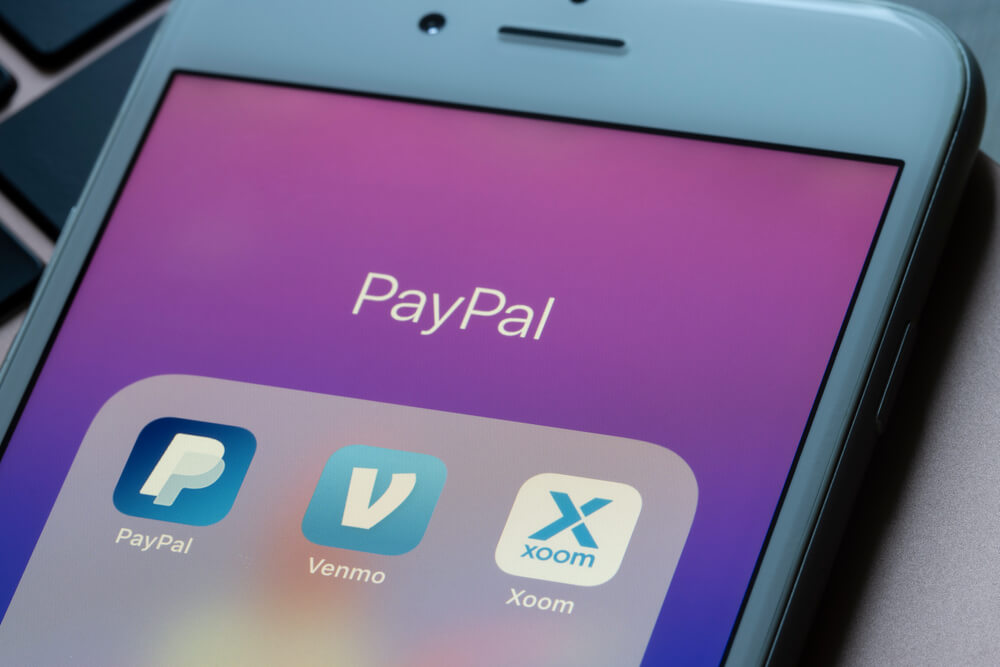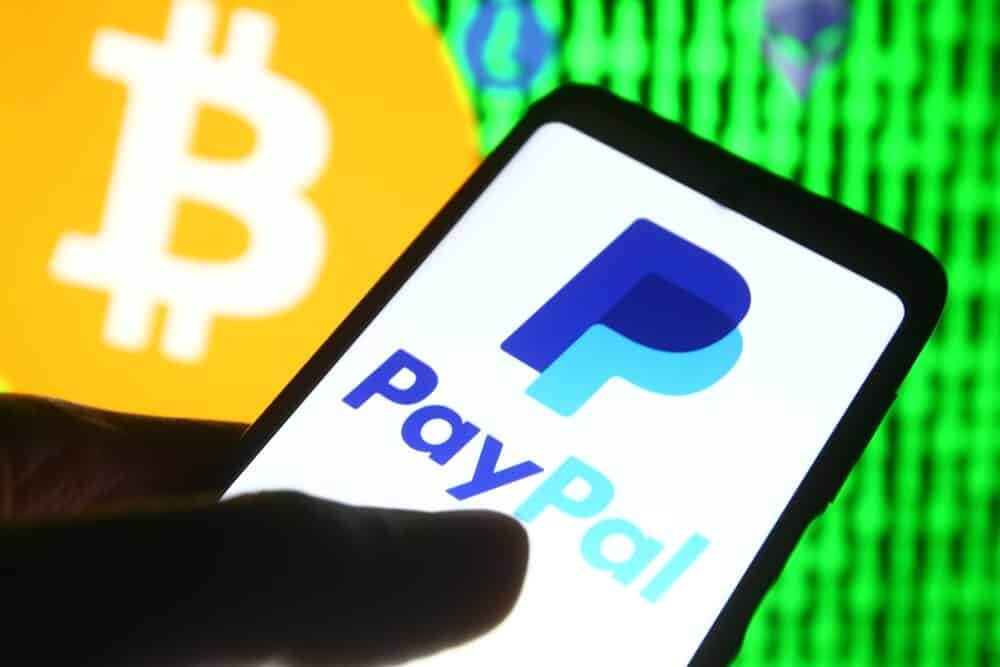
How Does Venmo Make Money?
Venmo is a popular mobile payment service and digital wallet platform that allows users in the United States to send and receive money from friends and family.
People have numerous questions about Venmo. One of the most popular questions is, ‘How does Venmo make money?’ There are other important questions as well. For example, ‘What is Venmo?’
It was founded in 2009 by Andrew Kortina and Iqram Magdon-Ismail and was later acquired by Braintree in 2012. What’s interesting, PayPal acquired Braintree the following year.
Venmo has become a household name in the world of peer-to-peer (P2P) payments, making it easy for people to split bills, pay for shared expenses, and even make small purchases. It is worth noting that Venmo is currently only available within the U.S.
As a reminder, the Venmo app is available on iOS and Android devices. Users can link their bank accounts, credit or debit cards to their Venmo account, and then use the app to send and receive money with other Venmo users.
It is noteworthy that transactions are typically free when sending money from a linked bank account or Venmo balance. However, if users choose to fund transactions with a credit card, they may incur a fee.
Key features of Venmo

Venmo’s core feature is the ability to send money to friends, family, or acquaintances with just a few taps on the mobile app. Users can enter the recipient’s username, email, or phone number, specify the amount, and include a note or emoji to describe the transaction.
Social media: Venmo has a social component that allows users to share their transactions on a public feed. This feed can be customized to be visible to friends only, or it can be public, making it a unique and engaging aspect of the platform. Users often add humorous or cryptic descriptions to their transactions, creating a sense of community and entertainment.
Split bills: Venmo simplifies the process of splitting bills, whether it’s for dining out, renting a vacation home, or buying concert tickets. Users can easily divide expenses among friends and request payments for their share.
Payment requests: Users can send payment requests to friends or contacts who owe them money. This feature streamlines the process of reminding others to reimburse you for shared expenses.
In-app purchases: Venmo allows users to make purchases at select merchants and apps using their Venmo balance. This feature encourages users to keep a balance in their Venmo account, increasing engagement with the platform.
Debit card: Venmo offers a physical debit card for users to spend their Venmo balance anywhere Mastercard is accepted. The card can also be used to withdraw cash from ATMs.
Instant transfers: Users have the opportunity to transfer their Venmo balance to their bank account instantly for a small fee, or they can select the standard transfer, which takes one to three business days and is free of charge.
Revenue generation

Let’s return to one of the most common questions about Venmo, ‘How does Venmo make money?’
Venmo generates revenue through several channels:
Transaction fees: While most Venmo transactions are free when funded with a bank account or Venmo balance, the platform charges a fee for instant transfers to a linked debit card or bank account. This fee incentivizes users to maintain a balance in their Venmo accounts.
Merchant fees: Venmo partners with select merchants and apps, enabling users to make purchases using their Venmo balance. In these cases, merchants may pay a processing fee to Venmo, similar to traditional credit card processing fees.
Venmo debit card: Venmo earns interchange fees from transactions made with its physical debit card. These fees are paid by merchants to card issuers for processing card payments.
Venmo’s crypto service: In April 2021, Venmo introduced a feature that allows users to buy, hold, and sell cryptocurrencies. Venmo profits from this service by charging transaction fees and spreads on cryptocurrency transactions.
Partnerships and promotions: Venmo has explored partnerships with various brands and businesses to promote their products and services to its user base. These partnerships can include special offers, cashback rewards, and promotional campaigns, and Venmo may earn a commission or fees through these collaborations.
Data insights: As part of the PayPal ecosystem, Venmo has access to valuable user data. While it takes user privacy seriously, it may leverage anonymized and aggregated data to gain insights into consumer behavior and trends, which can be valuable to businesses and advertisers willing to pay for access to such data.
Credit products: Venmo has also ventured into offering credit products like the Venmo Credit Card. Through these offerings, Venmo can earn interest on credit balances and fees associated with these products.
PayPal and its journey to the top

As mentioned above, PayPal owns Venmo. So, it makes sense to gather more information about PayPal when it comes to questions like, ‘How does Venmo make money?’
PayPal is a globally recognized online payment platform that has played a significant role in shaping the way people conduct financial transactions on the internet. Here are some interesting facts about PayPal:
Founding team: PayPal was co-founded by a group of individuals who went on to become highly successful entrepreneurs and investors. The original team included Max Levchin, Peter Thiel, Elon Musk, Luke Nosek, and Ken Howery.
Security innovation: PayPal was one of the pioneers in online security for financial transactions. It introduced several security features, such as fraud detection algorithms and email confirmations, to protect users against unauthorized access and fraudulent activities.
eBay connection: PayPal’s early growth was closely tied to its integration with eBay, one of the largest online marketplaces. PayPal became the preferred payment method on eBay, and this partnership significantly boosted its user base.
“PayPal Mafia”: The early team behind PayPal, often referred to as the “PayPal Mafia,” went on to create or invest in several other successful tech companies.
Notable ventures include Tesla (Elon Musk), LinkedIn (Reid Hoffman), YouTube (Steve Chen, Chad Hurley, and Jawed Karim), and Yelp (Jeremy Stoppelman and Russel Simmons).
Mobile payments: PayPal was quick to adapt to the mobile revolution. It introduced its mobile app in 2006, allowing users to make payments and transfers using their smartphones. Today, the PayPal app is widely used for mobile payments and peer-to-peer transfers.
PayPal and cryptocurrencies

PayPal operates in over 200 markets around the world and supports multiple currencies. It has become a go-to platform for cross-border transactions, making it easier for businesses and individuals to engage in international commerce.
Acquisitions: Over the years, PayPal has acquired several fintech and tech companies to expand its capabilities. Notable acquisitions include Braintree, Venmo, Xoom, and Honey, which have helped diversify its offerings and reach new customer segments.
Cryptocurrency integration: In 2020, the company announced support for cryptocurrency transactions, allowing users to buy, hold, and sell cryptocurrencies like Bitcoin, Ethereum, and Litecoin within their PayPal accounts. This move marked a significant step toward mainstream cryptocurrency adoption.
Charitable giving: PayPal has facilitated charitable giving through its platform, making it easy for users to donate to various causes. The platform also offers tools for nonprofits to raise funds online.
Financial services: In addition to its core payment services, PayPal has expanded into providing financial products like PayPal Credit, offering lines of credit to consumers.
It is worth mentioning that innovation, strategic partnerships, and a commitment to security and convenience mark the company’s journey from a startup to a global fintech giant.
In summary, Venmo is a mobile payment service and digital wallet platform that allows users to send and receive money easily, split bills, and make purchases. It generates revenue through transaction fees, merchant fees, debit card usage, cryptocurrency services, partnerships, data insights, and credit products.
Venmo’s combination of convenience, social interaction, and financial services has made it a popular choice for users looking to manage their finances and share expenses with friends in a digital and socially engaging way.




